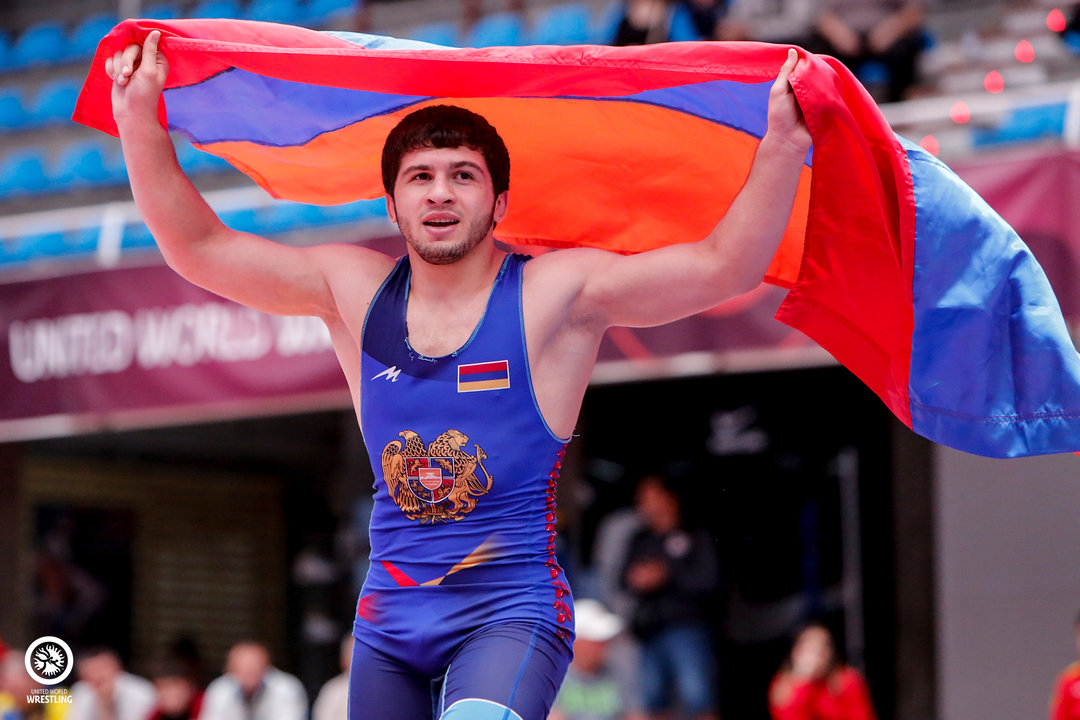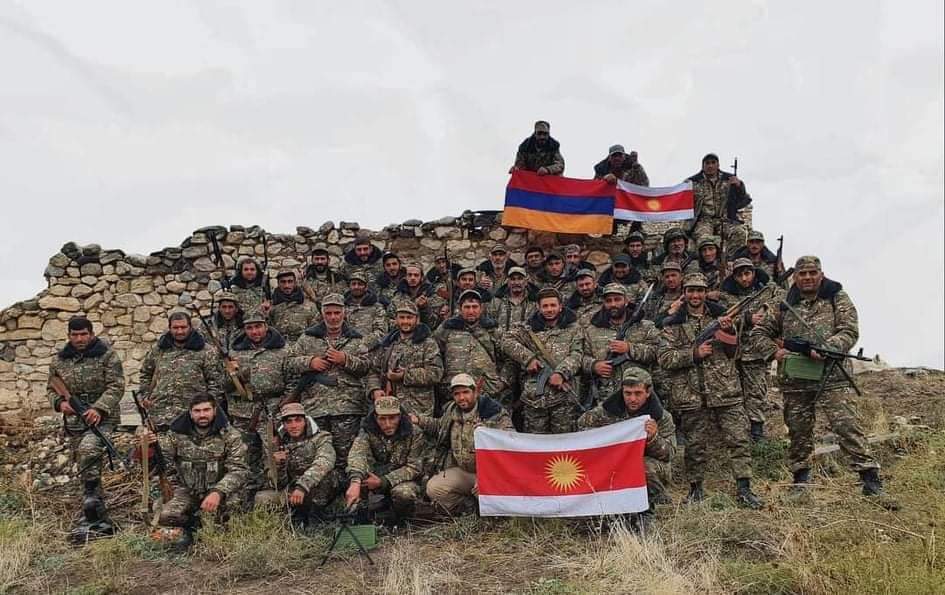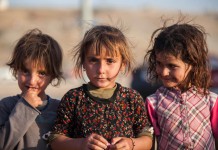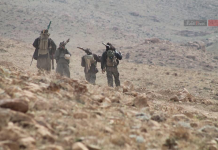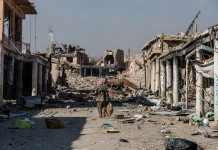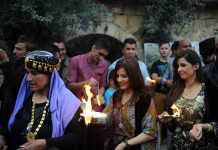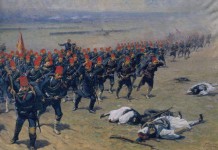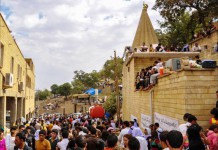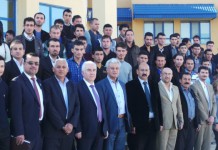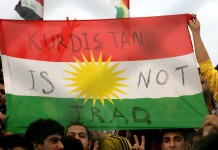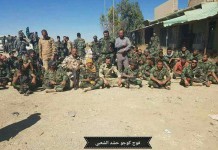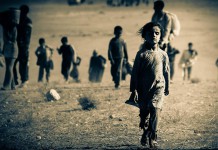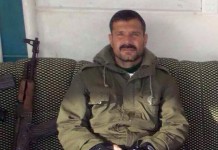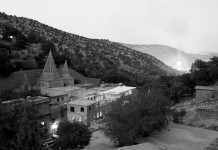Yerevan. As violence escalated between Armenian and Azerbaijani border forces on the morning of September 27, 2020, it quickly became clear that the conflict over the Nagorno-Karabakh region would turn more violent than in the past. This was also due to the fact that Turkey actively participated in the war by providing logistical, financial and military assistance to Azerbaijan, including sending Syrian mercenaries to Nagorno-Karabakh. Armenia and Azerbaijan have been fighting for decades over the region, which declared independence in 1991 with Armenia’s support, resulting in the formation of the – internationally unrecognized – Republic of Artsakh.
The clashes in 2020 were fierce and lasted until November 10 of the same year. In the end, Azerbaijan came out victorious by establishing air supremacy with the help of Turkish drones, conquering large parts of the region and committing war crimes in the process, according to Amnesty International. Crimes that Ezidis remember well from previous conflicts. In April 2016, Azerbaijani soldiers recorded themselves beheading Karam Sloyan, an Ezidi Armenian border guard who had been previously captured.
The outcome of the 44-day war in 2020 was devastating. According to official numbers, 2,841 soldiers died on the Azerbaijani side and 3,360 on the Armenian side. In addition, the conflict claimed the lives of hundreds of civilians, most of whom were Armenians. Over one hundred thousand people were displaced.
According to confirmed reports, a total of 16 Ezidi soldiers died as a result of the clashes. Numerous others were mutilated, Ezidi activists from Armenia told EzidiPress. Among those killed soldiers were many young men aged between 18 and 20.
After the outbreak of the war, two Ezidi battalions were formed on the Armenian side consisting of army reservists. Ezidis wanted to fulfill their patriotic duty as citizens of Armenia. At the same time, the historical component played an equally decisive role in forming these battalions. Since the Armenian genocide in 1915, a deep friendship has been linking Ezidis and Armenians after both ethnic groups defended and supported each other.
Turkey intervening in the conflict and deploying Syrian mercenaries awakened memories of the 1915 genocide among Ezidis, from which they had also suffered. The defense of Armenia and the Republic of Artsakh thus turned into an Ezidi cause, the Ezidi Armenian member of parliament Rustam Bakoyan stated in 2020.

